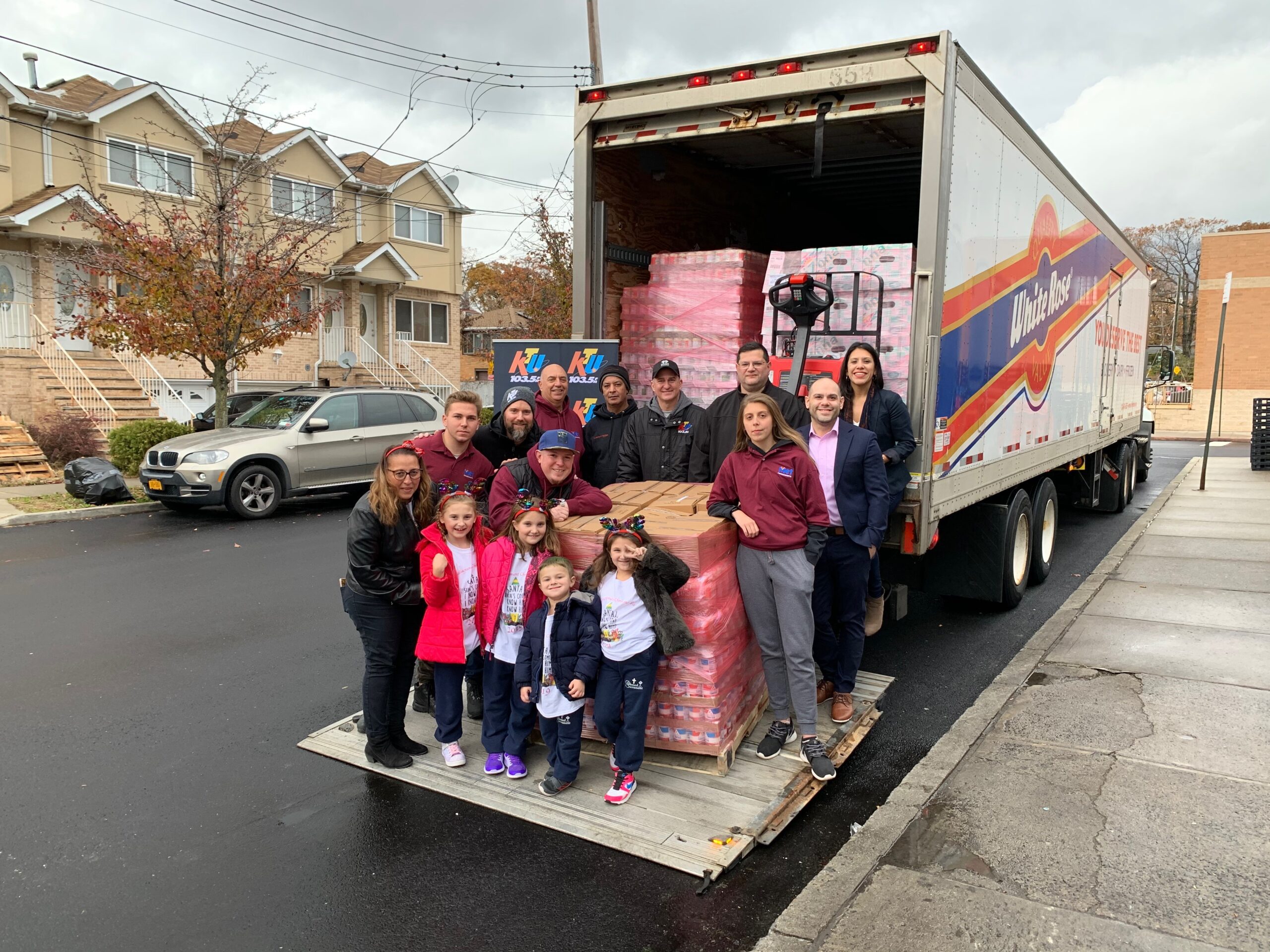
In an industry that is the lifeblood of commerce, trucking regulations and policies are pivotal in shaping the future of transportation. California’s trailblazing Clean Truck Check (CTC) regulation, the Federal Motor Carrier Safety Administration’s (FMCSA) efforts to combat sexual assault, and the dramatic developments in the revival attempts of Yellow, a major trucking company, are three such significant stories. This article delves into the intricate details of these developments, revealing the multifaceted nature of the trucking industry, from environmental compliance to ensuring the safety and well-being of its workforce.

California’s New Trucking Regulation: A Closer Look
California is on the brink of implementing a significant new truck regulation known as the Clean Truck Check (CTC). This regulation, which was first approved in 2021, marks a departure from previous rules by applying to all trucks operating within the state, regardless of where they are based. The immediate urgency for truck operators is the December 31 deadline to register with the state’s CTC registry, accompanied by a $30 fee. This rule encompasses vehicles with a gross weight over 14,000 pounds and is likened to California’s Smog Check program for light-duty vehicles. The aim? Ensuring heavy-duty vehicles maintain effective emissions controls and addressing malfunctions promptly.
Industry Awareness and Compliance Challenges
Despite the efforts of the California Air Resources Board (CARB) in spreading the word about CTC, there’s a surprising lack of awareness among truck operators. Experts like Corinna Peterson and Michael Tunnell have observed that many are more focused on the impending Advanced Clean Fleets (ACF) rule, overlooking the immediate CTC deadlines. Tunnell, from the American Trucking Associations, acknowledges the challenge of disseminating information across the diverse trucking industry. The CTC regulation, although not as demanding as other CARB regulations, requires bi-annual data submissions from onboard diagnostics for compliance. This process is relatively straightforward for newer trucks with advanced technology, but older models may still need traditional “smoke testing.” This disparity suggests a potential shift in fleet compositions, as operators may favor newer, technologically equipped vehicles for Californian operations.
🔗 Learn more about California’s Clean Truck Check regulation here.

New FMCSA Policy to Combat Sexual Misconduct in Trucking
The Federal Motor Carrier Safety Administration (FMCSA) has taken a significant step to curb sexual misconduct within the trucking industry. With a newly issued policy statement, FMCSA Administrator Robin Hutcheson emphasizes the urgency of this issue. The policy focuses on increasing awareness and ensuring that state courts and state driver licensing agencies (SDLAs) comply with federal regulations. These regulations mandate the disqualification of commercial truck drivers convicted of using their vehicles to commit felony sexual assault. This move is lauded by advocacy groups like REAL Women in Trucking, highlighting a long-overdue acknowledgment of the problem.
Enhancing Safety and Responsibility
The FMCSA’s policy statement sheds light on the instances of sexual misconduct occurring at truck stops, fueling stations, and during CDL license training. It recognizes that drivers’ personal safety concerns can detract from their focus on safe vehicle operation. The policy outlines various scenarios where a commercial motor vehicle (CMV) might be used in an assault, including transportation of victims or using the vehicle as a shield during the assault. The FMCSA calls for state courts to be proactive in reporting convictions to SDLAs, ensuring perpetrators are disqualified from operating CMVs. The announcement coincides with the review of recommendations from the FMCSA’s Women in Trucking Advisory Board, which advises against shared sleeping quarters during training and advocates for external complaint-reporting mechanisms.

Roadblock in Revival Road
Yellow, a prominent trucking company, recently faced a significant setback when it rejected an acquisition and restructuring offer from Sarah Riggs Amico, a trucking executive from Jack Cooper. This decision, announced on December 7, 2023, comes after Yellow’s shutdown and entry into bankruptcy protection earlier in the summer. The company’s lawyers labeled the bid as “not viable,” citing a lack of support from key creditors, including the Treasury Department. This department had extended an emergency loan to Yellow during the pandemic, placing them in a critical position in the company’s financial restructuring.
Navigating Through Turbulence
Despite the rejection, Amico’s plan received backing from the International Brotherhood of Teamsters, the union representing most of Yellow’s workforce. Amico aimed to rehire many of Yellow’s employees and enhance operational efficiency. However, the proposal required concessions from the Treasury and the Central States Pension Fund, two of Yellow’s major creditors. The plan offered the pension fund $500 million in preferred shares in a restructured company, aiming to employ around 15,000 people, about half of Yellow’s pre-bankruptcy workforce. The proposal’s rejection does not deter Amico, who now presents a smaller bid for Yellow’s remaining assets, hoping to save thousands of jobs.
Yellow’s strategy, in contrast, involves liquidating its assets, including the recent auction of 128 terminals for nearly $1.9 billion. While Amico remains optimistic, industry analysts express doubts about the feasibility of reviving Yellow, noting that many customers and employees have likely moved on to other companies. As the story unfolds, the trucking industry watches closely, aware of the broader implications for the sector and the thousands of jobs at stake.
Before You Hit The Road…
The trucking industry stands at a crossroads, with California’s Clean Truck Check regulation pushing for environmental responsibility, the FMCSA’s policy statement addressing the critical issue of safety and respect in the workplace, and the complex saga of Yellow’s restructuring efforts reflecting the economic challenges faced by companies.
These developments underscore the ongoing evolution of an industry that is essential to the global economy. As we navigate these changes, it’s imperative to stay informed and engage in the conversation. What are your thoughts on these issues? Share your perspectives and join the discussion for a deeper insight into the future of trucking.
If you made it to this part of the article, we’d just like to take a moment to thank you for taking the time to read this weekly recap. Be safe out there and as always, If you’re in search of CDL A, B, or warehouse positions, check out our open positions. And if you need staffing solutions for commercial driving or industrial positions, be sure to explore our offerings.



